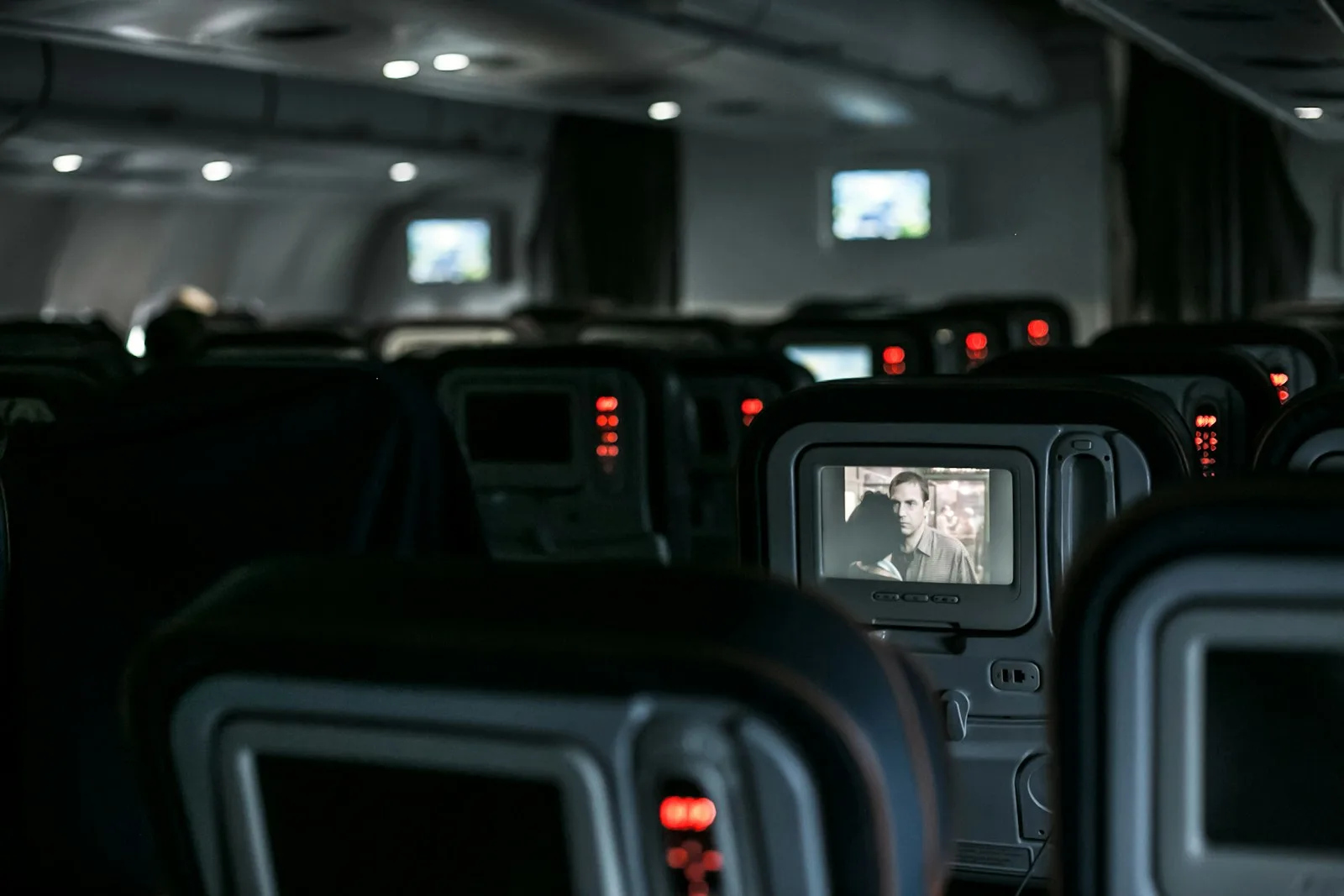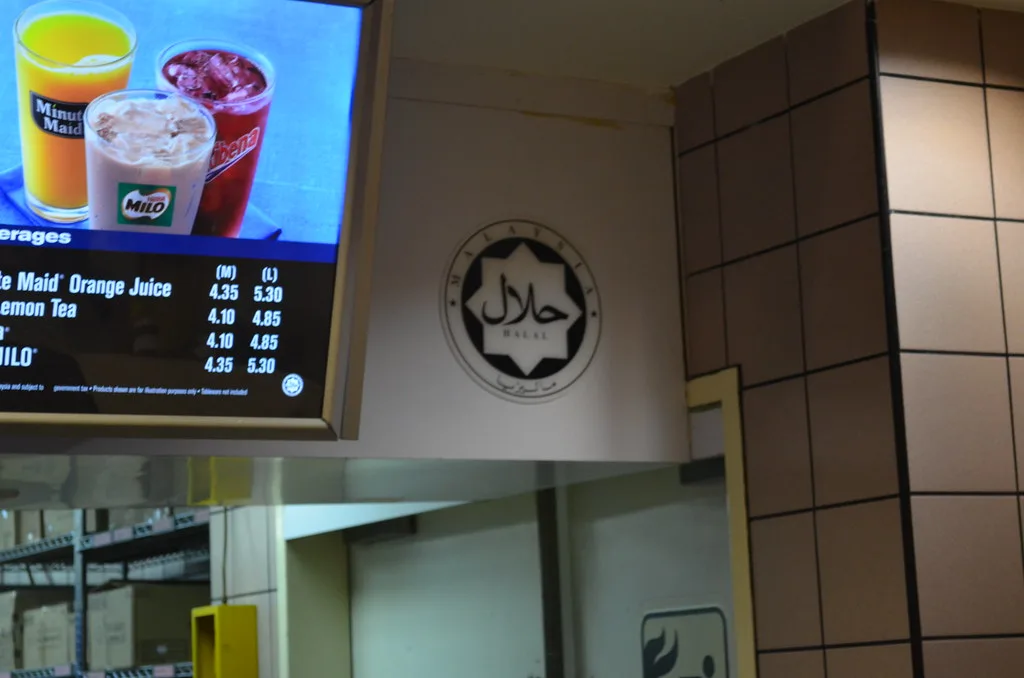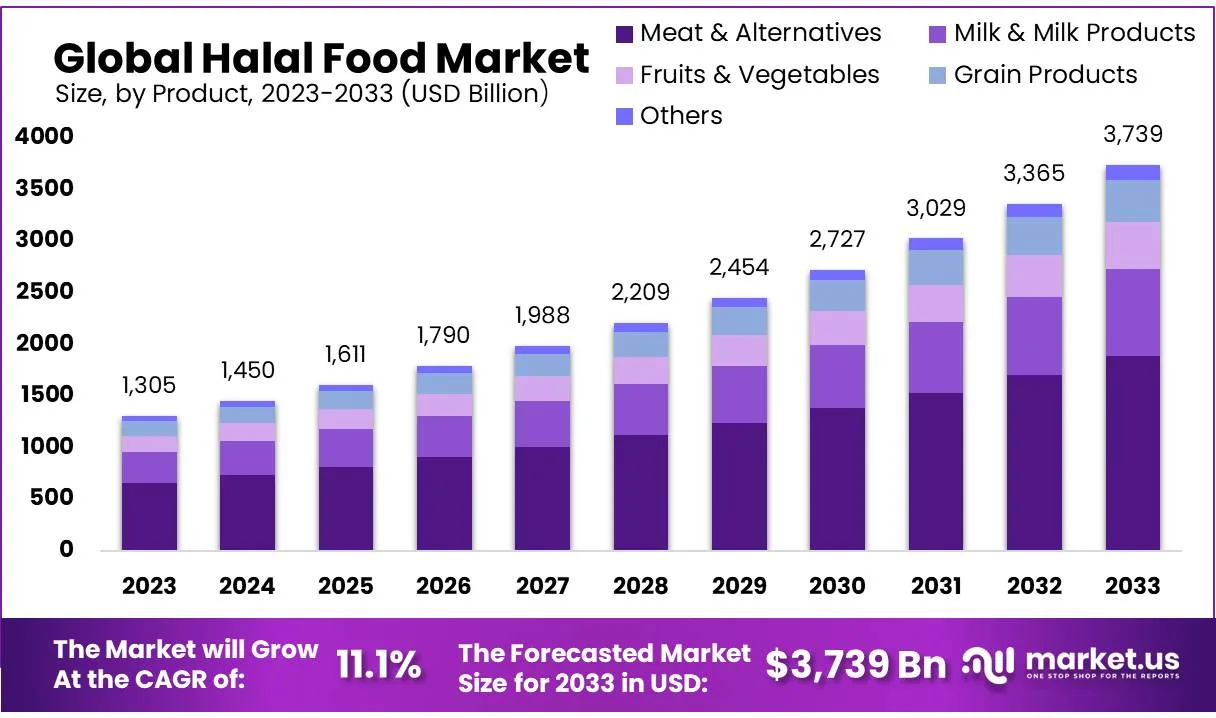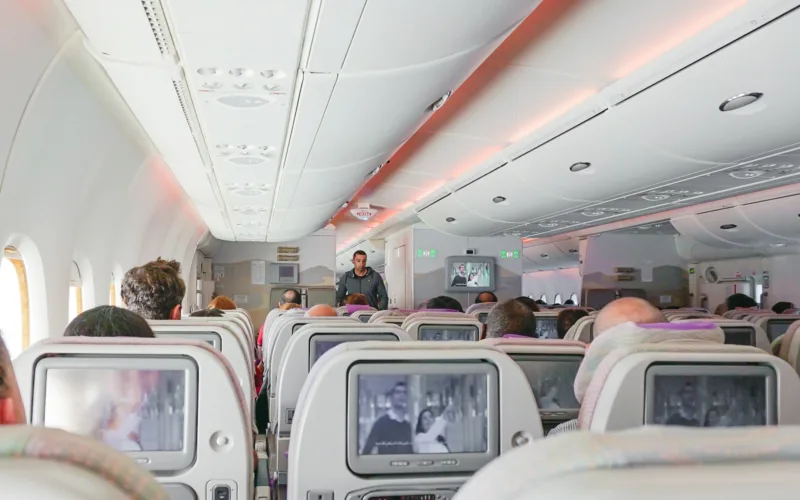The airline industry is facing scrutiny over the labeling and certification of “Muslim meals” (MOML), raising questions about whether these meals are genuinely halal.
Terminology and Trust Issues

The term “Muslim meal” has come under fire for being potentially inaccurate and discriminatory.
Critics argue that it implies exclusivity for Muslim passengers rather than indicating that the meal is halal, which can be consumed by anyone.
This ambiguity can lead to confusion and mistrust among travelers who rely on airlines to provide meals that meet their dietary needs.
Certification Gaps

Many airlines claim their MOML offerings are halal but do not adhere to formal certification processes. For instance, while Finnair states its Muslim meals comply with dietary laws, it does not confirm whether they are halal-certified.
Similarly, British Airways indicates that its meals do not contain pork or alcohol but lacks clarity on the halal status of the meat used.
In contrast, airlines like Garuda Indonesia explicitly state that their meals are halal-certified, providing assurance to travelers. Turkish Airlines and Emirates also assert that all their food is halal, but they do not specify certification details.
Examples from Airlines
- Finnair: While Finnair states its Muslim meals comply with dietary laws, it does not confirm whether they are halal-certified.
- British Airways: The airline indicates that its meals do not contain pork or alcohol, but it lacks clarity on whether the meat is certified halal.
- Garuda Indonesia: This airline explicitly states its meals are halal-certified, providing assurance to travelers.
- Turkish Airlines and Emirates: Both airlines assert that all their food is halal but do not specify certification details. Notably, Emirates claims that all meals served on its flights are suitable for Muslims and prepared according to halal methods; however, there is no independent verification of this claim.
Growing Demand for Halal Options

The demand for halal meals has surged, with a reported 38% increase in requests between 2013 and 2016.
The Muslim travel market is projected to expand significantly, with estimates suggesting that 157 million Muslims traveled internationally in 2020 alone.
Need for Standardization
There is a strong call for a standardized definition of halal within the airline industry.
The International Air Transport Association (IATA) has been urged to consider changing the MOML code to HLML (Halal Meal) to better reflect the certification status of these meals.
Such a change could enhance transparency and consumer confidence in airline meal offerings.
As the demand for halal options continues to rise among a diverse range of travelers, airlines must prioritize transparency and standardization in labeling their meals as halal.
Ensuring that offerings are genuinely certified and clearly communicated will not only meet consumer expectations but also enhance the overall travel experience for Muslim passengers.
With increasing scrutiny on meal labeling practices, the airline industry stands at a critical juncture in addressing these concerns effectively.




 WhatsApp Channel
WhatsApp Channel
 Instagram
Instagram
 Facebook
Facebook
 X (Twitter)
X (Twitter)
Normally the airlines mention only Mohammadan Meals ( Singapore Airlines) or Muslim meals. It is not certified as Halal meals by any religious authority. Therefore it is not reliable. Muslim organisations should take concerted action to insist on the airlines serving Halal certified meals only not the ambiguous Muslim meals, as Muslim travellers are on the increase. Until then it is safe only to opt for vegetarian food rather than rely on the claims of these airlines. Jazakallah